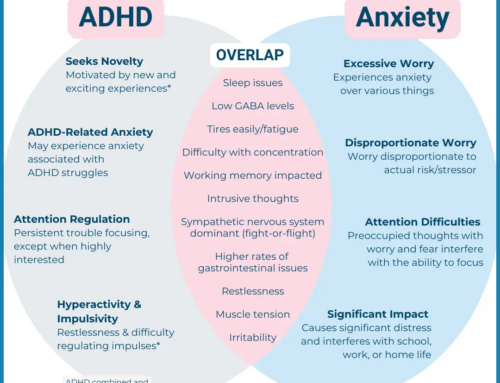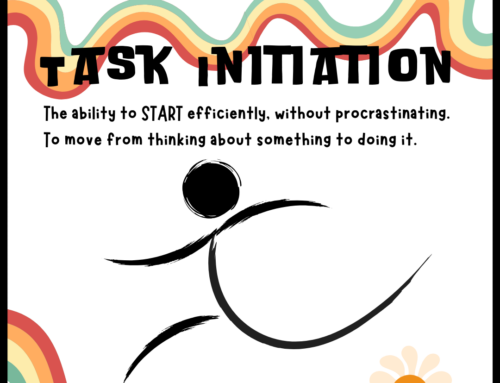The concept of mental load has gained significant attention in recent years, shedding light on the often invisible cognitive and emotional labor that many people, particularly women, carry in their daily lives. This unseen burden can have a profound impact on well-being, relationships, and overall quality of life for everyone in the family, especially for families with ADHD and executive function skills weaknesses.
It is important to shed light on the difficulties that a heavy mental load can create, especially when we factor in EF Skills difficulties that result in rejection sensitivity dysphoria (RSD), perfectionism, anxiety, and feelings of shame.
It all sounds heavy; well it is! But with with awareness and meaningful connection, we lighten the load for everyone.
What is Mental Load?
Mental load refers to the cognitive effort involved in managing various aspects of life, including work, relationships, family, and household responsibilities. It’s not just about completing physical tasks, but rather the constant mental juggling of to-do lists, schedules, and anticipating future needs.
This invisible work includes:
- Remembering important dates and appointments
- Planning meals and managing groceries
- Coordinating family schedules
- Anticipating household needs
- Keeping track of children’s activities and requirements
The Uneven Distribution
Research shows that in heterosexual relationships, women often bear a disproportionate share of the mental load. This imbalance can lead to feelings of frustration, resentment, and burnout. However, it’s important to note that mental load can affect anyone, regardless of gender or relationship status.
Impact on Well-being
Carrying a heavy mental load can have significant consequences.
Unaddressed, carrying this type of load can result in:
- Increased stress and anxiety
- Reduced productivity at work
- Strained relationships
- Decreased personal time and self-care
- Feelings of overwhelm and exhaustion
5 Strategies for Managing Mental Load
1.Recognize and Acknowledge
The first step in addressing mental load is to recognize its existence and impact. Openly discuss the issue with partners, family members, or roommates to create awareness.
2. Redistribute Responsibilities
Work on fairly distributing both physical tasks and mental responsibilities. This may involve having open conversations about expectations and creating systems for shared management.
3. Utilize Tools and Technology
Implement digital tools like shared calendars, task management apps, and reminder systems to offload some of the mental burden.
4. Practice Self-care
Prioritize self-care activities to recharge and maintain mental health. This might include setting boundaries, taking breaks, or engaging in hobbies.
5. Reevaluate Expectations
Critically examine your expectations and priorities. Not everything needs to be perfect, and some tasks may be unnecessary or can be simplified.
Creating a Culture of Shared Responsibility
Addressing mental load requires a shift in societal expectations and norms. By fostering open communication, promoting equality in relationships and workplaces, and raising awareness about the impact of mental load, we can work towards a more balanced and equitable distribution of cognitive labor.
Managing mental load is an ongoing process that requires patience, understanding, and consistent effort. By acknowledging its existence and working together to address it, we can create healthier, more balanced lives for ourselves and those around us!
Yours in the journey,
Cara







